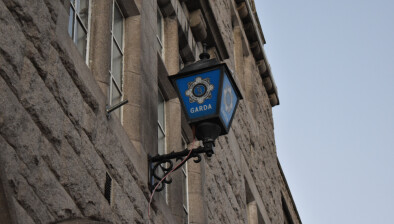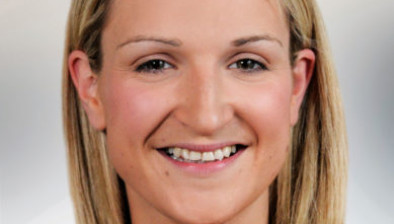Almost 100 cases prosecuted under Coco’s Law

Justice minister Helen McEntee has published an operational review of the Harassment, Harmful Communications and Related Offences Act 2020, also known as Coco’s Law, which shows that almost 100 cases have been prosecuted since it came into effect.
The legislation, enacted by Ms McEntee in 2021, criminalises the sharing of, or threatening to share intimate images without a person’s consent, with or without intent to cause harm to the victim.
The Act also seeks to target other areas of harmful communications by creating a new offence of distributing, publishing, or sending a threatening or grossly offensive communication with intent to cause harm and to extend the current offence of harassment to deal with communications about a person, as well as communications to a person.
The review was carried out by the Department of Justice and found positive early indicators in terms of prosecutions taken, the number of reports of intimate image abuse made to a hotline for illegal content, and general awareness of the legislation.
Ms McEntee said: “Sharing an intimate image of someone without their consent is an abhorrent form of sexual abuse and a serious crime. This legislation was needed given the prevalence of this crime, and the penalties – up to seven years in prison and an unlimited fine - are high to reflect the seriousness of the offences and the damage and hurt they cause.
“While this review concludes that it’s too soon to make sweeping generalisations, particularly as it can take some time for cases to proceed through the system, it’s heartening to see the legislation’s positive impact three years after commencement.”
The review found that the Office of Director of Public Prosecutions had taken a total of 99 cases in respect of section 2, 3 or 4 of the Act between its commencement and the end of 2023.
This included:
- A total of 23 cases prosecuted on indictment in the Circuit Court
- The DPP consented to summary disposal on guilty plea for eight cases
- The DPP directed summary disposal on 68 cases
- One case was prosecuted on indictment in the Central Criminal Court
The review also found that the number of charges issued by An Garda Síochána had risen between commencement in 2021 and the end of 2023. In 2021, there were 22 charges brought. In 2022, that rose to 95, and in 2023 it rose again to 113.
The review noted independent research from August 2021 which found that 69 per cent thought it was against the law to share intimate images without consent, and 51pc thought it was against the law to threaten to share intimate images.
A follow up piece of research conducted in November 2023 found that those figures had jumped to 97 per cent and 96 per cent, after the public awareness campaign.
As part of the awareness campaign, the Department of Justice partnered with Hotline.ie to provide a widely accessible reporting mechanism for victims of intimate image abuse. Once illegal content is reported to Hotline, their experts assess the report and decide on next steps.
Any online service provider served by Hotline.ie with an intimate image abuse notice is responsible for removing the content at source.
The review found that, between September 2021 and December 2023, almost 1,500 reports were made to Hotline.ie which, after assessment, were found to be intimate image abuse.
Some 1,006 of these were images or videos shared without the person’s consent via publicly accessible web-locations and Hotline.ie was able to get 92 per cent removed.
Hotline.ie also received more than 400 reports relating to threat to share intimate images. This included 366 cases of sexual extortion and 27 threats to share intimate images for harassment purposes.
Ms McEntee added: “We wanted to make reporting intimate image abuse as easy as possible for as many victims as possible, and that has been successful. The removal rate by Hotline.ie is very encouraging, particularly as so much of this content is found to be hosted outside Ireland.
“It is of course open to anyone who wishes to make a report directly to the Gardaí to do so, and I would encourage anyone who has been a victim of intimate image abuse to take that step.”









